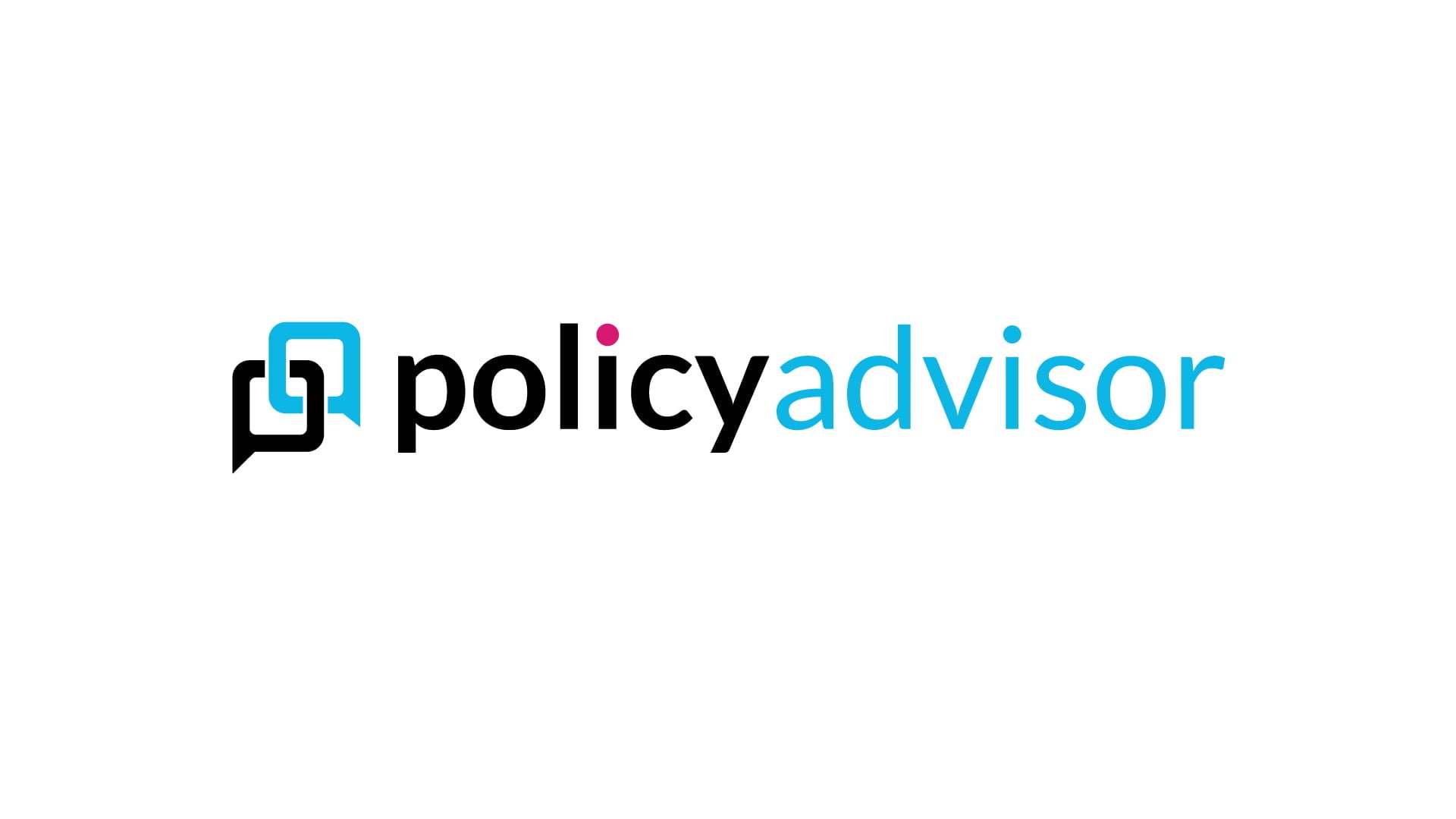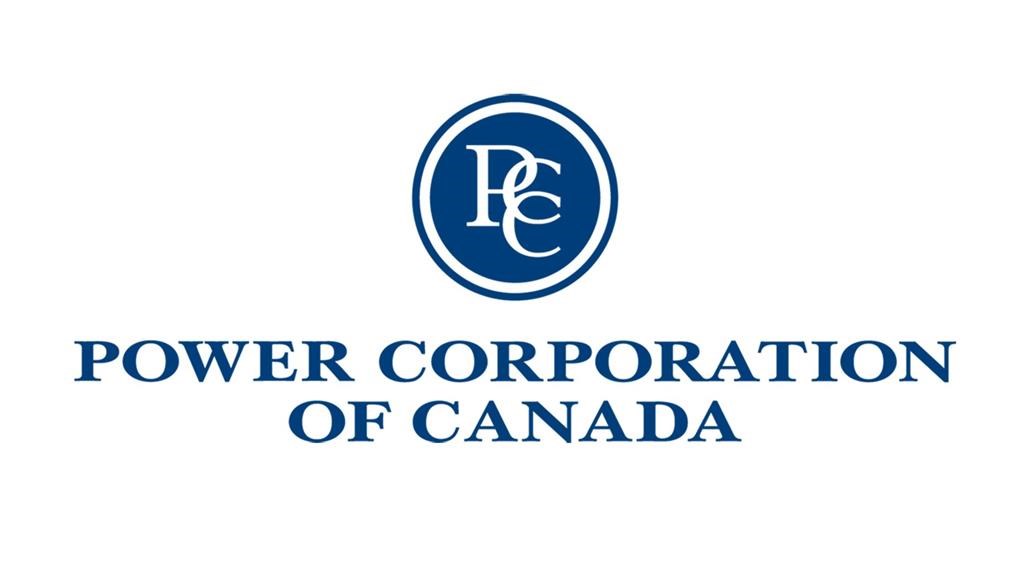-1706889763.jpg)
Mortgage insurance vs. life insurance: How to pick the right one
anek.soowannaphoom / Shutterstock
Updated: February 05, 2024
Buying a home is one of, if not the largest investments you will make. It makes sense that you want to protect your mortgage with with life insurance but what is the right type?
Most Canadians are never given the proper information about their protection options. Bankers and lenders, just as you are about to sign documents, make you feel that getting the insurance they offer, creditor insurance, is mandatory and it’s not!
You have two main options:
- Mortgage life insurance. Offered by your lender, mortgage life insurance or mortgage protection insurance will pay off your outstanding loan balance if you die. You’ll pay a premium to your lender until your principal is paid off, and that premium will increase whenever you renew or refinance your mortgage.
- Regular life insurance. These policies are a lot more flexible. You can choose to lock in a steady premium for however long you want, and you can pick a smaller or larger death benefit according to your budget and your needs.
Mortgage insurance is a junk product
Banks’ “hyper-aggressive” selling of creditor insurance for mortgages is a bad deal for Canadians, according to Rob Carrick — a personal financial columnist from the Globe and Mail. The problem is that you are being offered a “junk product” and not being told about a significantly cheaper and better option.
Banks can make creditor insurance sound like a “traditional” life insurance policy, but that’s not the case. It is one thing for banks to nickel and dime Canadians on credit card or banking fees, but our home is where our kids live, and it’s where our life happens.
A personal 10-year term life insurance is a stronger and likely cheaper option for Canadians to insure their mortgages.
5 reasons why you should buy term life insurance vs. mortgage insurance:
1. The lender gets the money
With creditor insurance at the bank, they get the money, not your family.
A personal life insurance policy gives the money to your beneficiary, they get to decide what the best financial option for your family is. Maybe that decision is to take some time off, pay bills, pay off a portion or all of the mortgage, or maybe make a life change.
Your family deserves to be in control of the money, not the bank.
It’s also important to note that some banks’ creditor insurance does not even protect 100% of the outstanding mortgage. Here are examples of some of the limits banks have on their coverage: Initial mortgage over $500,000 (TD, Scotia), $600,000 (BMO) or $750,000 (RBC, CIBC).
2. They overcharge! (surprise, surprise)
In many cases, a personal 10-year term plan is up to 50% cheaper than coverage at the bank and for women, it can be up to 70% less!
The advice from Rob Carrick is: “…Just buy it (term insurance) from an insurance company with competitive rates on term life policies. The coverage will most likely be cheaper than a bank-sold policy…”
Preferred or discounted rates with a personal plan are another way you might be able to save money, something that is not available with creditor insurance.
Creditor insurance premiums typically increase every time you re-apply for your mortgage — often that means every 5 years — but with a personally owned 10-year term policy, premiums are guaranteed for 10 years, saving you money.
Of course, the pricing of term life insurance is based on gender, smoking status, health and a number of other factors.
3. They ask the important questions AFTER you’re dead
It is only after you die that the creditor insurance really looks into the validity of your coverage.
Applications for a personal life insurance policy require full underwriting up front, at the right time, giving you comfort that you actually have coverage and that your mortgage is properly protected.
4. The evils of declining coverage
You should get what you pay for, but that’s not the case with creditor insurance at the bank. Bank mortgage insurance is designed as “declining coverage” and it is simply not right. Here’s how it works:
You apply for a mortgage of $500,000.
You pay premiums to the bank based on a $500,000 mortgage.
Hypothetically, you die 4 years later, and your mortgage at that time is $425,000. What amount does the bank coverage payout?
Answer: $425,000. Only the outstanding mortgage was paid out, even though you have been paying premiums based on $500,000 of coverage. Where did the other $75,000 of coverage go? You were paying for it, so it’s a good question to ask your lender.
In this example, if you had purchased personal life insurance for $500,000, the beneficiaries would receive $500,000, which is what you would expect given that that is what you were paying for!
5. Can’t take the coverage with you
Bank or creditor insurance is owned by the lender and is tied directly to the mortgage so coverage is not transferable between properties.
You own and control a personal life insurance policy, not so with mortgage insurance at the bank.
For example, If you bought a condo and now want to move into a house or to a new city, the mortgage coverage at the bank does not transfer to the new property. This means you have to reapply for mortgage insurance and being approved is not guaranteed.
With personal life insurance, your coverage is not tied to the property, so you don’t have to worry about your family being without protection.
With the bank, every time your mortgage renews (i.e. 5-year term) or you buy a new home, you have to reapply for creditor insurance because you don’t own the policy. This means that when it is time to shop the market for a new mortgage, you may not qualify for the new life insurance based on health or other lifestyle changes.
With a personal life insurance policy, you don’t have to worry about that; because you own the policy, coverage belongs to you! It goes where you go and any changes to your health will not affect your coverage or even the amount you pay! This guarantees that you will always have life insurance coverage regardless of changes in your health, buying a new home, or a decision to move to another city.
How to cancel coverage at the bank
If you already have creditor insurance for your mortgage at the bank, but you want to change to a personal life insurance plan — you can!
Here are the steps to take in getting a personal life insurance policy to cover your mortgage:
- Apply for a personal life insurance policy
- Receive your new approved personal policy
- Contact the bank and ask them to cancel your mortgage life insurance.*
- Make sure to only cancel your creditor insurance with the bank once you have your new policy, you want continuous coverage. There are no costs associated with cancelling creditor insurance.
Because, while paying off your mortgage may be the most significant expense you’ll need covered, it’s likely not the only one.
A standard life insurance policy can cover all kinds of family needs, like your children’s education, living expenses and the cost of your own funeral. You’ll get none of that from a mortgage insurance policy.
So, why would someone choose mortgage life insurance?
There are some upsides to lender-offered mortgage life insurance. First off, your payments will be rolled into the monthly cost of your mortgage, which is convenient.
You might also be able to skip the underwriting process in favour of a single yes or no health question, depending on the policy. You would qualify for coverage instantly without having to take a medical exam.
However, that could be more of a risk than a benefit. Policies without much scrutiny upfront go through underwriting once the claim is filed — that is, after you die.
If the insurance company decides you weren’t upfront and honest about your health or other disclosures at the time you applied, the whole claim could be declined. Even if it was a simple misunderstanding, you won't be around to contest the decision.
Your estate may be returned the premiums you paid over the life of the policy, but that won’t be close to the amount they were expecting to receive.
Also, because mortgage life insurance premiums increase with age alone — and are not typically based on a detailed assessment of your personal health — you might end up paying thousands of dollars more for the same coverage you’d get with regular life insurance.
Finally, because the policy only pays out your outstanding mortgage balance at the time of your death, the benefit effectively decreases over time while the premiums stay the same.
6 reasons to choose term life insurance
- 1.
Lower premiums. Assuming you choose “term” life insurance — coverage that lasts for a period of your choosing instead of your entire life — your premiums will likely start lower than mortgage life insurance premiums. That's because mortgage life insurers take on more risk by skipping the underwriting phase. You can also structure your policy so your premiums stay the same year after year.
- 2.
Guaranteed coverage. Regular life insurance goes through medical underwriting upfront. Provided you didn’t fail to disclose any health issues when the policy was taken out — and that’s harder to do by mistake when you’re being assessed in detail — your beneficiaries are guaranteed to receive the cash payment if you pass away during its term.
- 3.
Portability. Lender-provided insurance is tied to your mortgage loan. If you ever sell your home, refinance your mortgage or renew it, you’ll have to take out a new policy — one that could cost you a lot more, depending on how much older you’ve become. Alternatively, a term life insurance policy will follow you through any life changes.
- 4.
A consistent payout. Paying down the principal on your debt will only lower the payout you’d get from mortgage life insurance. With term life insurance, if your family ever needs to file a claim, they’ll get the same amount paid out whether it comes at year four or 24 of the term.
- 5.
Your choice of beneficiaries. Mortgage life insurance simply ensures your lender gets the money it’s owed. With term life insurance, you get to decide who gets the payout. And you can switch the beneficiaries if your circumstances change.
- 6.
Flexibility in how the benefit is spent. If your beneficiaries have more pressing expenses than the mortgage, like tuition or credit card debt, they can decide how to spend the cash payout.
You may be thinking: “Sounds good, but getting life insurance takes both my time and my actual blood.” And, while that’s often true, it doesn’t have to be that way.
PolicyAdvisor is a fully online insurance advisor that allows you to quickly compare policies from Canada’s top 20 insurance companies. Just answer a few questions, and the site’s algorithms will recommend the right policy in minutes.
And, yes, it’s possible to get up to $3 million in coverage — fully assessed and approved upfront — without a medical exam.
Need extra help? PolicyAdvisor’s licensed insurance experts can walk you through each application step, and thanks to partnerships with the largest insurance carriers, they have plenty of insight to help you pick the policy that fits your needs and your budget.
Your family’s financial interests deserve the best protection you can provide. A little help from PolicyAdvisor can help you ensure your family won’t have to give up the comfort you’ve worked to build for them.
Different types of life insurance policies that can cover the rest of your mortgage payments and more
With life insurance, you get paid a defined sum based on your policy details. The payout can then be used for anything, such as paying off the mortgage, funeral expenses, and your children’s future education costs.
Generally speaking, many people will opt for term life insurance. That’s where your life insurance policy is valid for a set period. For example, 25 or 30 years. Once that term is up, you’ll no longer have a life insurance policy unless you buy a new one. While this may not sound ideal, it can be very practical. Most people assume that their home will be paid off and their children will no longer rely on their income once the term is up.
There are universal/whole life insurance policies available, but they cost much more than term life. These policies are only beneficial in a few specific circumstances, such as estate planning for high net worth individuals.
With personal life insurance, you choose how much the policy is worth. As a general rule, people will get enough insurance to cover their mortgage, outstanding debt, funeral costs and income replacement.
Buyers will also plan for future cash needs, such as post-secondary education costs for their children. The more insurance you need, the higher your monthly premiums will be. That said, getting term insurance when you’re younger, such as in your twenties, will cost less than waiting until you’re in your thirties.
Keep in mind that your medical history will also affect your insurance premiums. Smokers or anyone with a pre-existing condition should expect to pay more than someone with a clean bill of health.
What mortgage and life insurance don’t cover
Some people mistake mortgage life insurance with mortgage default insurance, which is required if you have a down payment of less than 20%. With mortgage default insurance, sometimes referred to as CMHC insurance, your lender is protected if you default on your payments. There would be no payment to you if you were to pass away.
Both mortgage and personal life insurance don’t cover you for critical illnesses, such as a heart attack or a cancer diagnosis. They also don’t provide you with any payments if you become disabled. That said, you can often purchase policies to cover these scenarios at the same time when getting mortgage or life insurance.
Mortgage insurance vs. life insurance: What's better for you?
Buying a home is a big investment and it is one where prudent management can pay off. Getting the right type of life insurance is just one way to be financially prudent.
Get a 10-year term insurance policy as it saves you money, is flexible, provides options and puts the control in the hands you are wanting to protect. Banks nickel and dime us enough, don’t let them do that to your largest investment, you deserve better.
FAQs

Sigrid’s is Money.ca's associate editor, and she has also worked as a reporter and staff writer on the Money.ca team.
Disclaimer
The content provided on Money.ca is information to help users become financially literate. It is neither tax nor legal advice, is not intended to be relied upon as a forecast, research or investment advice, and is not a recommendation, offer or solicitation to buy or sell any securities or to adopt any investment strategy. Tax, investment and all other decisions should be made, as appropriate, only with guidance from a qualified professional. We make no representation or warranty of any kind, either express or implied, with respect to the data provided, the timeliness thereof, the results to be obtained by the use thereof or any other matter.





